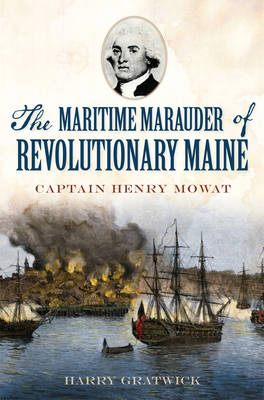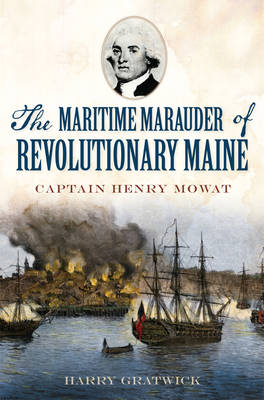
- Afhalen na 1 uur in een winkel met voorraad
- Gratis thuislevering in België vanaf € 30
- Ruim aanbod met 7 miljoen producten
- Afhalen na 1 uur in een winkel met voorraad
- Gratis thuislevering in België vanaf € 30
- Ruim aanbod met 7 miljoen producten
Zoeken
Omschrijving
In 1775, Captain Henry Mowat infamously ordered the burning of Falmouth--now Portland. That act cast him as the arch-villain in the state's Revolutionary history, but Mowat's impact on Maine went far beyond a single order. The Scottish Mowat began his North American career by surveying the Maine coast, capturing and confiscating colonial merchant ships he suspected of smuggling. Already feared by Mainers when the war broke out, his legacy was further tarnished when he was blamed for dismantling Fort Pownall at the mouth of the Penobscot River. In this volume, local historian Harry Gratwick examines the life of Henry Mowat and whether he truly was the scoundrel of Revolutionary Maine.
Specificaties
Betrokkenen
- Auteur(s):
- Uitgeverij:
Inhoud
- Aantal bladzijden:
- 160
- Taal:
- Engels
- Reeks:
Eigenschappen
- Productcode (EAN):
- 9781626195189
- Verschijningsdatum:
- 16/03/2015
- Uitvoering:
- Paperback
- Formaat:
- Trade paperback (VS)
- Afmetingen:
- 152 mm x 229 mm
- Gewicht:
- 317 g

Alleen bij Standaard Boekhandel
+ 61 punten op je klantenkaart van Standaard Boekhandel
Beoordelingen
We publiceren alleen reviews die voldoen aan de voorwaarden voor reviews. Bekijk onze voorwaarden voor reviews.







